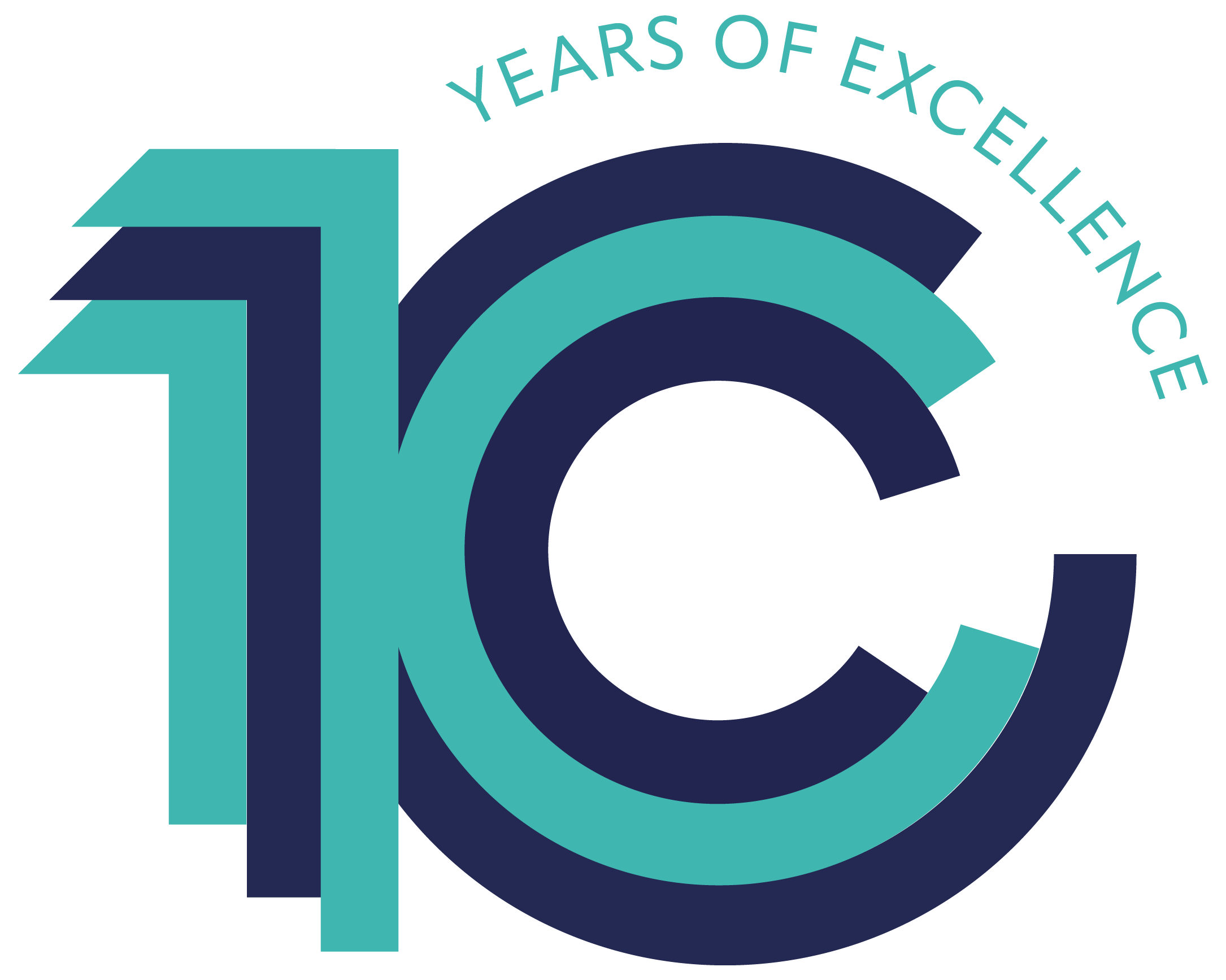- Details
- Category: Policy, Projects & Programmes
- Published: Wednesday, 21 May 2014 10:40
- Written by: Matt Pye - HWD
Overview
Virtually every piece of work done by analysts, economists and researchers is a project, or could benefit from applying project-thinking. Success (or failure) increasingly depends on understanding the needs and motivations of those commissioning the work and adopting a flexible enough approach to deliver against on-time and budget, to agreed objectives.
Together with real case studies of analytical projects, this course also contains sessions which are of particular importance to analysts, such as; collaborating across analytical specialisms, managing the contractual relationships, politically awards results, publication, the ROAMEF model and getting research used.
The workshop uses delegates' own projects and experience to introduce methods for managing analytical projects from end-to-end, using relevant tools along the way. It also emphasises the people management aspects required to ensure stakeholders support and engage with analysts.
This course receives consistently excellent feedback. 100% of delegates who completed the course agree that the course meets its objectives.
Learning Objectives
-
Understand the key concepts and context of analytical projects, including their role in addressing problems, implementing change, and fostering innovation.
-
Differentiate between different types of analytical projects and assess the implications associated with each type.
-
Learn project terminology, definitions, and the analytical project lifecycle stages, while recognising that projects may not always follow a linear path.
-
Identify the roles and skills required for effective leadership and teamwork in analytical projects, including the role of project boards for governance.
-
Develop a project definition that encompasses the needs and expectations of stakeholders, ensuring their support and engagement throughout the project.
-
Gain proficiency in time and activity planning, including an overview of planning levels and tools, such as understanding activities, milestones, dependencies, and building a Bar/Gantt Chart.
-
Enhance communication and influencing skills as an analyst, particularly in the context of stakeholder management and the stakeholder communication cycle.
-
Learn effective techniques for day-to-day project management, including monitoring progress, identifying and handling issues, managing changes through change control, and obtaining sign-offs.
-
Develop strategies for communicating with stakeholders and reporting project progress, utilising formal reporting and update reporting frameworks such as the ABCD framework.
-
Acquire knowledge on reviewing and closing projects, including handing over deliverables to end-users, confirming benefits realisation, conducting project reviews, sharing learning points, and preparing close-out reports.
Comments include:
"Thanks for making learning about a seemingly uninteresting topic enjoyable, relevant and useful."
"An excellent course. I really enjoyed the course and will take a lot away from it."
"Pace and Pitch were perfect, with great examples. All of it was contemporary and tied in to the overall course aims.”



